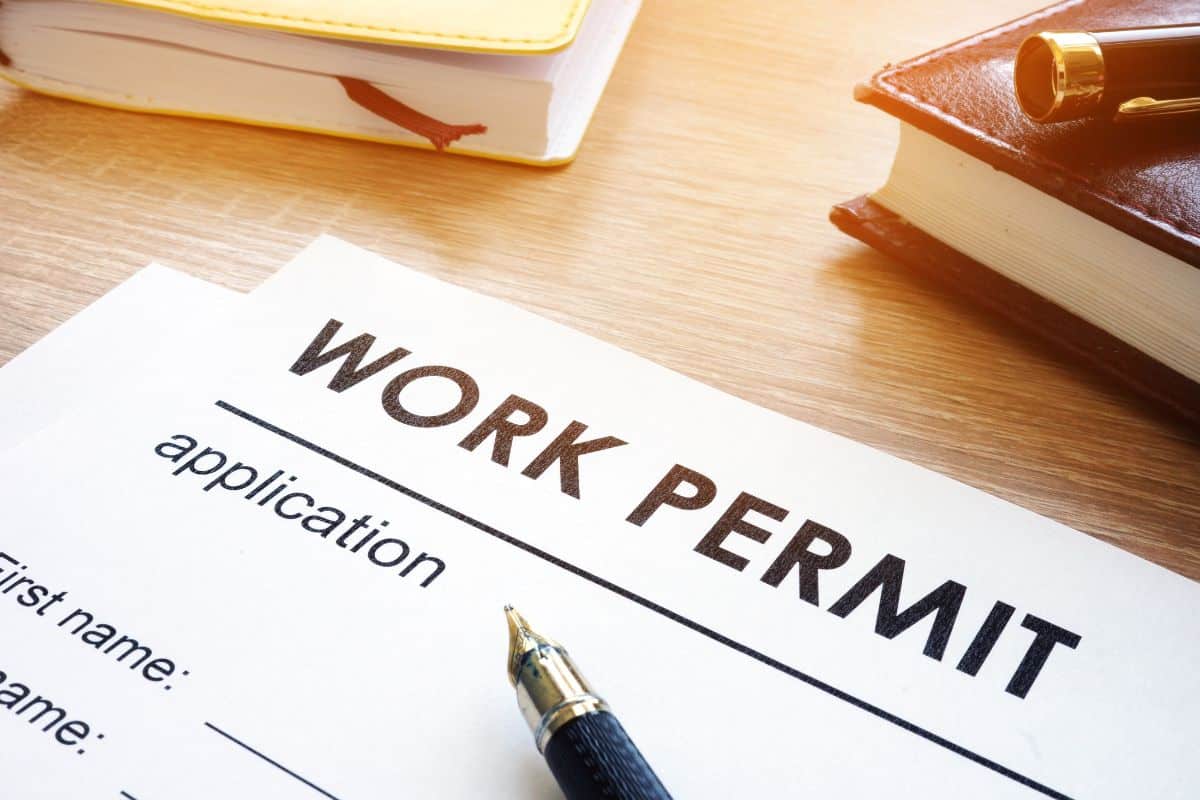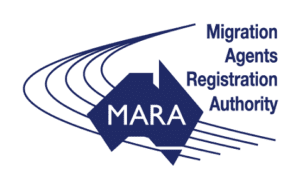Canada has long been an attractive destination for individuals seeking employment opportunities and a high standard of living. The country welcomes skilled workers worldwide and offers various pathways to obtain a work permit. In 2023, Canada introduced a new work permit policy, streamlining the application process and aiming to reduce processing times. In this article, we will explore the critical aspects of the new policy, including how to get a work permit in Canada and how long it takes to acquire one.
.
Obtaining a Work Permit in Canada:
1. Determine your eligibility:
Before applying for a work permit, it is crucial to determine if you meet the eligibility criteria. Generally, applicants must have a job offer from a Canadian employer, possess the necessary qualifications and skills, and meet health and security requirements.

2. Labor Market Impact Assessment (LMIA):
In some cases, a Canadian employer may need to obtain an LMIA, demonstrating that hiring a foreign worker will not negatively affect the local labour market. However, certain job categories and specific situations are exempt from this requirement.
3. Temporary Foreign Worker Program (TFWP):
If an LMIA is required, the employer must apply for it through the TFWP. The program ensures that Canadian citizens and permanent residents have access to available job opportunities before they are offered to foreign workers.
4. Work permit application:
Once the employer has obtained a positive LMIA or if an LMIA exemption applies, the foreign worker can proceed with the work permit application. The application should be submitted to Immigration, Refugees and Citizenship Canada (IRCC) online or through a visa application centre.
5. Supporting documents:
Along with the application form, applicants must provide supporting documents, such as a valid passport, proof of job offer, educational credentials, and language proficiency test results, if required.

Work Permit Processing Time in Canada:
The processing times for work permits in Canada can vary depending on various factors, including the type of work permit, the applicant’s country of residence, and the time of year. Generally, the following estimates can give you an idea of the processing times:
1. Global Skills Strategy:
Under this program, work permit applications for highly skilled workers may be processed within two weeks or even faster in some instances.
2. LMIA-based work permits:
The processing time for LMIA-based work permits can range from several weeks to several months, depending on the complexity of the case and the regional workload.
3. LMIA-exempt work permits:

Work permit applications that fall under LMIA exemptions, such as those for international agreements, intra-company transferees, or individuals with open work permits for spouses, can have relatively shorter processing times.
It’s crucial to remember that these projections are general guidelines, and individual circumstances may cause processing times to vary.
Canada’s new work permit policy in 2023 aims to make it easier for skilled workers to enter the country while ensuring the protection of the domestic labour market. By understanding the eligibility requirements, obtaining the necessary documentation, and following the application process, individuals can increase their chances of securing a work permit in Canada. While processing times for work permits can vary, the new policy intends to streamline the process and provide efficient outcomes for applicants. As always, staying updated with the latest information from official sources, such as the IRCC website, is recommended for the most accurate and current details.









Leave a Reply